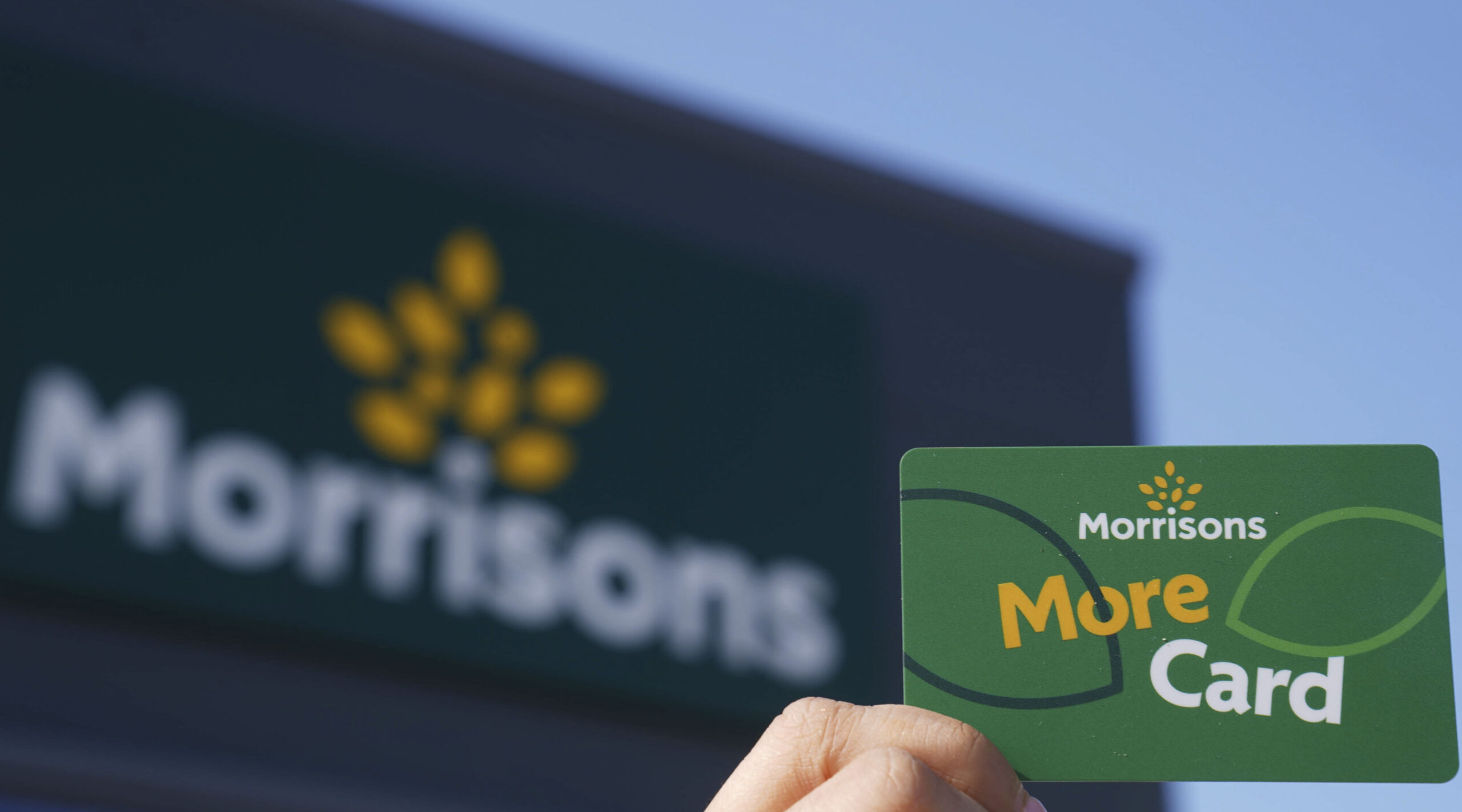
Which?’s research suggests scammers are continuing to run rampant on major platforms, despite firms promising to clamp down on scams this time last year.
The consumer champion is calling on the Government to bring forward the implementation of the Online Safety Act and fines for firms that fail to stamp out online fraud.
One year on
The Government’s voluntary Online Fraud Charter marks its first anniversary this week. But three-quarters of those scammed online – just under five million – reported falling victim on platforms that signed the pledge.
Under the promise, a number of major tech companies vowed to adopt a raft of measures to protect users from scam content. These included verifying new advertisers and promptly removing any fraudulent content.
Which? surveyed more than 2,000 UK adults to find out if the charter has had an impact on the number of scams consumers encountered on online platforms.

Wellness and wellbeing holidays: Travel insurance is essential for your peace of mind
Out of the pandemic lockdowns, there’s a greater emphasis on wellbeing and wellness, with
Sponsored by Post Office
One in five (22%) said they had come across suspicious ads or messages every day when online in the past six months. This is likely to be several times per day for some people who are often on social media or looking up information using a search engine.
Most scams start on social media
The majority of the 6.6 million people who were scammed said they fell victim on social media (63%), but fraud was also common on search engines (42%), online marketplaces (39%) and messaging platforms (23%).
The most common platforms for scams were Facebook (37%), Google (33%), Instagram (20%), Amazon (18%) and WhatsApp (18%).
Tech firms that signed the charter agreed to take action within six months – but Which? said it appears online scams are still out of control. The consumer champion has exposed scores of scam ads on social media, including fraudulent ads for investments, luxury advent calendars, restaurant offers and Winter Fuel Payments.
Which? said the ongoing prevalence of online scams “has left consumers anxious and distrustful”. Nearly three-quarters (73%) of UK adults said they do not trust that the ads they see on social media or search engines are genuine.
Consumers don’t feel safe online
Which?’s research found the Online Fraud Charter has not made consumers feel safer online and that trust in online platforms has not improved in the year since the charter was introduced.
A third (34%) of those questioned were less likely to trust online platforms now compared to a year ago and only 3% felt more confident using online platforms than they did a year ago.
Which? called for the Online Safety Act to be implemented in full as soon as possible. Otherwise it said the Government risks letting criminals target millions more people.
The current timetable suggests the platforms in the scope of the fraudulent advertising duties in the act may not be held accountable until 2027. Which? said Ofcom needs to put the regulations in place much sooner.
Rocio Concha, Which?’s director of policy and advocacy, said: “Our research has found that in spite of the Online Fraud Charter’s promises, fraud is still rife on online platforms in the UK – with 6.6 million losing money to online scams in the last 12 months.
“For every week the Government fails to take action, we lose millions to fraudsters and organised crime groups – taking money from productive firms, reducing overall levels of investment in the UK economy and damaging consumer confidence. The Government and regulators need to act urgently to tackle the fraud epidemic or risk millions more falling victim to scammers.
“Under the current timetable for the Online Safety Act, platforms in scope of the fraudulent advertising duties in the act may not be held accountable until 2027 – this is simply not good enough. Ofcom needs to put the regulations in place much sooner and the fraud minister must ensure a more coordinated approach working with regulators and the tech, banking and telecom sectors to stop the fraud epidemic.”




